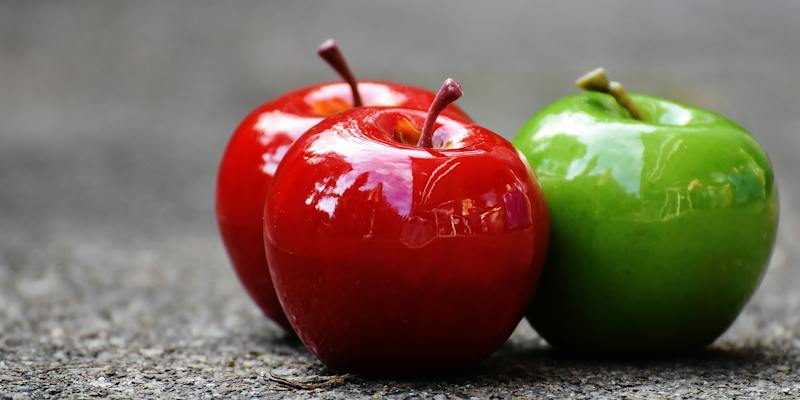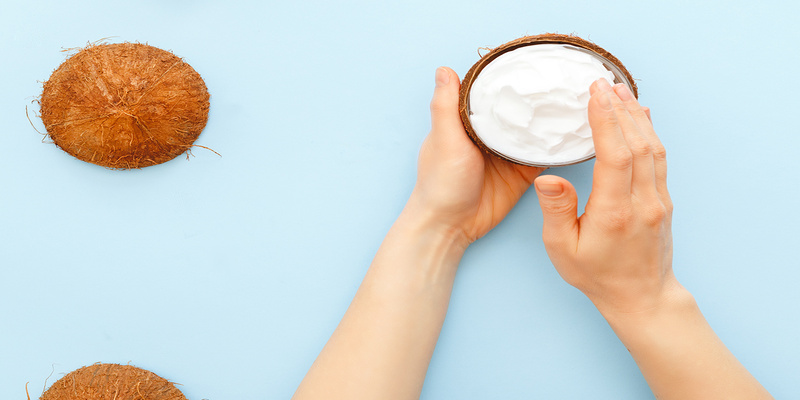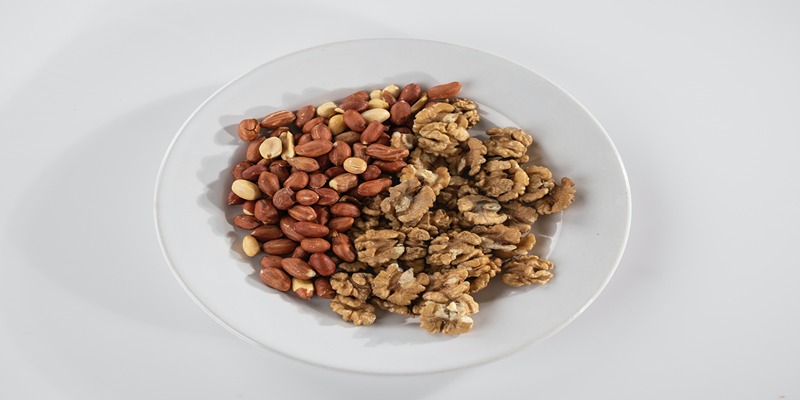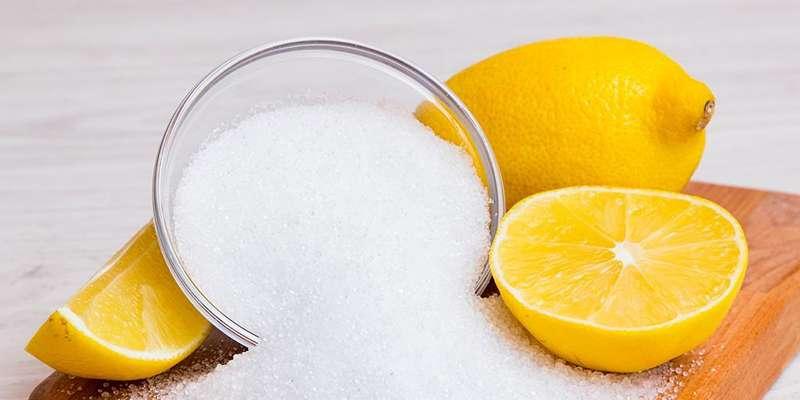Folate Vs. Folic Acid - Why The Difference Matters
Nov 03, 2023 By Nancy Miller
Are you confused between folate and folic acid? And it's hard for you to differentiate between them? If yes, then this folate vs folic acid article has a solution.
Basically, folate is vitamin B9 that is naturally present in plenty of foods. On the other hand, folic acid is synthetically prepared folate.
In this article, we will discuss the key differences between folic acid and folate. And will also discuss the sources to get folate for your daily needs.
So, let's begin!
Are Folic Acid And Folate The Same?

Most of the time, when you hear folic acid, you might get confused. And you might be thinking that they are the same., But that's not true. Although some people use these terms interchangeably, that doesn’t mean that they are not different.
In fact, it's imperative to know the differences between folate and folic acid because they are extremely important for your overall health and well-being. And you should know details about folate vs folic acid for pregnancy and folate vs folic acid for anemia.
What Are The Health Benefits of Folate And Folic Acid?
Folate vitamin B9 has plenty of benefits. Firstly, it is crucial for cell growth and development. It also has a significant role in red blood cell formation and retaining good brain health. Plus, it also plays a vital role in pregnancy. It alleviates the chances of brain and spine issues in newborns. So, women who are trying to conceive or who have conceived should fulfill their folate needs.
Main Differences Between Folate Vs Folic Acid

Here, I’ll discuss the key differences between folate and folic acid. So, let's begin.
Digestion
When it comes to digestion then, there is a major difference between folate and folic acid that you should know. Your intestine takes the responsibility of processing the folate. On the other side, the liver and some other tissues metabolize folic acid.
Action’s Speed
Another difference between folate and folic acid that is worth mentioning here is the speed of action. Your body has the tendency to use the folate as it is. And there is no need to change it into another substance.
Comparatively, folic acid can’t be used without transferring to another form. So, when you intake folic acid, it is first transformed into another form of folate. After that, your body becomes able to process it. So, it's important to note here that the speed of action of folate in your body is faster than folic acid.
Side Effects
Keep in mind that if your folate consumption is high, then it will have less to no effects on your health. But in the case of folic acid, it's different. So, if you take more than the required folic acid, then you might have to face some health-related issues such as nausea, loss of appetite, and bloating. Plus, it is also worth mentioning here that folic acid’s excess consumption may also block the effect of some drugs. Some of the primary drugs that are affected are those used for anesthesia, seizures, parasites, and psoriasis.
Stability
Another difference between folate and folic acid that is important to discuss here is stability. Folate is present in foods, and it breaks conveniently when exposed to either heat or light. And folic acid that's present in supplements is more stable. You might be thinking, Does it even matter? Yes, because it means that your body can obtain more B9 from these sources as compared to the folate that you take from foods.
How Much Folate Do You Need Daily?
If you want to enjoy a healthy life, it's important to fulfill the body’s requirements for all the nutrients and vitamins. And as we know, vitamin B9 or folate plays a vital role in the development and growth of cells. Especially for pregnant women, it's imperative to fulfill their folate needs. And learning about folate vs folic acid prenatal is also important because the fetus needs folate.
Now, let's discuss how much folate you need daily.
So, for babies in 6-11 months, they must have to consume 80 mcg of folate daily. And for toddlers of age 1-3 years, the required amount of folate is 150 mcg. And for 4-18 years, the required amount of folate is 200-400 mcg. Plus, the required amount of folate for adults who are 18 or above is 400 mcg.
It is also crucial to mention here that pregnant and lactating women need more folate. And for women of 14 or above who are pregnant, the folate needed is 600 mcg. And for the lactating women, the folate needed is 500 mcg. So, knowing details about folate vs folic acid in pregnancy becomes even more important.
But here, you need to know that some people even need more than the above-mentioned requirements of folate. And here I’m going to mention conditions when you need more folate than usual.
- MTHFR Gene Mutation
- Inflammatory bowel disease (IBD),
- Spina bifida and celiac disease
- Alcohol use disorder
- Kidney disease
In the conditions mentioned above, you might need more than folate. But always consult your doctor first before increasing your folate intake. They will guide you properly about how much folate you actually need.
What Are The Key Sources of Folate?
In order to fulfill your folate, you need to know some good sources of folate. It will assist you in adding some fantastic sources of folate to your diet and avoid any deficiencies.
Here, I'll share some foods that are rich in folate:
Legumes
Doubtlessly, legumes are one of the best sources of folate. Some legume options you need to add to your diet include peas, lentils, and peas. They are rich in folate, so after having them, your folate needs will be fulfilled to a great extent.
Asparagus
Another source of folate that you can consider adding to your diet is folate. They also have antibacterial and anti-inflammatory properties. So, after consuming them, you can get various health benefits.
Eggs

Eggs are also a fantastic source of obtaining folate. If you take one large egg, you get a good 22 mcg of folate. Apart from that, you can also get B12, selenium, and riboflavin.
Besides the above-mentioned foods, there are also some other good sources, including beets, brussels sprouts, leaf greens, and some citrus fruits.
Conclusion
To summarize the article about folate vs folic acid, I must say that folate is essential for your overall health and well-being. And for pregnant women, its significance increases even more.
Therefore, always ensure that you are getting the required amount of folate. Otherwise, you might have to suffer from health complications. Specially, you need to learn folate vs folic acid for anemia because their deficiency might lead to anemia.

Food Waxes: Understanding the Risks and Safety of Common Food Coatings

Exploring Cupping Therapy: What It Is and How It Works

How to Get Rid of Hives: 9 Natural Remedies You Must Try

The Grave Reality Behind Snoring

Exploring Prime Health Benefits of Swimming Regularly

Why Am I Breaking Out? 8 Sneaky Causes of Acne - From Secrets to Solutions

Expecting Radiance: Safe Skincare Habits During Pregnancy


